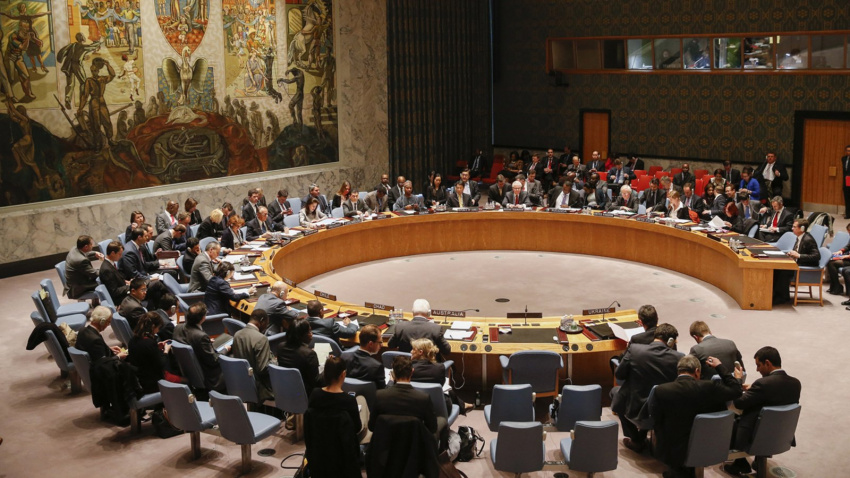UN has turned blind eye to rights violations in tyrannical regimes in West Asia: Indonesian academic

Yon Machmudi, the head of the Department of Middle East and Islamic Studies at the University of Indonesia, says human rights violations are rampant in dictatorial regime in West Asia but they face no “condemnation by the UN” because they are supported by great powers in the West.
“They just let those human rights violations happen because of some regimes' strong relationship with the superpowers,” Machmudi tells the Tehran Times.
Following is the full text of the interview.
Question: Some critics accuse the United Nations of being biased in dealing with human rights issues, as it turns its face away from the crimes practiced against citizens in some dictatorial Arab countries.
Answer: I believe that there is a kind of bias regarding the issue of human rights by the United Nations. We can see many violations of human rights in the Middle East (West Asia), but there is no such condemnation by the UN. It is because of the interests of some countries which support tyrannical regimes, particularly the dominant members of the UN, and the superpowers who evade their responsibilities. They just let those human rights violations happen because of some regimes' strong relationship with the superpowers. That is why the UN cannot extend justice and enforce the law regarding human rights violations.
Q: Do you believe that the UN stands on the side of justice, while there are countries that are contributing to and funding it in a greater proportion, such as the U.S. and Saudi Arabia?
A: Regarding UN funding, we see that powerful countries have a large proportion of the UN's financing. However, there are a variety of factors; for instance, the U.S. supports some regimes in the West Asia, which have attitudes against humanity and human rights, and there is oppression by theses dictatorial regimes. At the same time, the UN cannot enforce justice in such a situation. For example, the U.S. imposed new restrictions on refugees, while there is no enforcement to ask countries like the U.S. to commit to human rights. Since some countries such as the U.S. and Saudi Arabia have more contributions, they try to determine the organization's priorities.
Q: What is the reason for the UN's failure in the Palestine issue?
A: No doubt about it, the UN failed to carry out its mission in West Asia. While all issues regarding Palestine should be discussed in the Security Council of the UN, some members of the council are always against any resolution condemning Israel.
Today, there is no reason to rely on U.S. commitment to peace in Palestine and acting as a mediator. The U.S. already stands by Israel's side and is no longer neutral and committed to peace. So, we see no firm commitment to support the freedom and independence of Palestine. That's is the case we have to deal with to solve the Palestine crisis because all sides have their own interests in this conflict; For instance, Arabs have their own national considerations. We need a side who has no interest in this conflict to spread peace in this region, while the UN couldn't help because of U.S. pressure.
Q: The term "United Nations" was first used by U.S. President Franklin Roosevelt during World War II to refer to the Allies. Does it indicate that the UN is biased when it deals with powerful countries?
A: The UN was established after World War II based on the agreement of the allied powers, including the U.S., France, Britain, China, and the Soviet Union. In fact, the UN represents powerful countries who want to rule the whole world and dominate the UN, based on their understanding of international relationship, their resources, and arms. That's why we need structural reform in the UN to meet independent countries' demands. It requires a significant change to allow other countries out of the allies to have an active contribution and role.
Q: Unlike the General Assembly, the United Nations Security Council does not have true international representation. Wouldn't it be more reasonable if the number of permanent members would be increased to include non-nuclear powers too to democratize the organization?
A: It is necessary to expand the members of the security council while now we have just five permanent members who determine the dynamics of political decisions in the council. There is no doubt that we can't tackle global problems by relying on five countries. We need to change this mechanism to give the other members the same right to have a pivotal role in decision-making in the Security Council to bring peace, harmony, and prosperity to this world.

